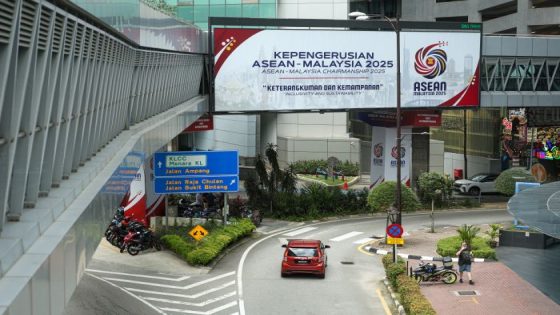On February 1, 2025, former presidential candidate Ana Gomes voiced her concerns about António Vitorino’s candidacy for the upcoming presidential elections in Portugal. She argues that supporting Vitorino equates to endorsing a “lobbyist” for the presidency. Is this the kind of leadership Portugal needs?
- Ana Gomes criticizes António Vitorino's candidacy.
- She opposes "lobbyist" influence in politics.
- Calls for serious candidates for presidency.
- Vitorino has a history as a lobbyist.
- He held various high-profile political roles.
- Gomes supports António José Seguro's candidacy.
Why Ana Gomes Opposes António Vitorino in the Presidential Elections
What does it mean for democracy when a candidate is labeled a “lobbyist”? Ana Gomes believes that Vitorino’s background as an attorney and his past roles in various organizations undermine his credibility. She insists that Portugal deserves a leader who prioritizes democratic values over personal interests.
Understanding the Implications of Lobbying in Politics
The debate surrounding Vitorino’s candidacy sheds light on the complex relationship between lobbying and governance. Here are some key points to consider:
- Lobbying can lead to conflicts of interest, undermining public trust.
- Political candidates with lobbying backgrounds may prioritize business interests over citizen needs.
- Transparency in political funding is crucial for maintaining democracy.
- Public perception of candidates is influenced by their professional history.
What Makes a Credible Presidential Candidate?
Gomes emphasizes the need for serious and credible candidates in the presidential race. A credible candidate should possess a strong ethical foundation and a commitment to democratic principles. In her view, Vitorino’s past could jeopardize these values. How can voters discern the integrity of candidates?
The Role of Lobbying in Modern Politics
Lobbying is a common practice in politics, but it often raises ethical questions. Vitorino’s history as a lobbyist could influence his decisions if elected. Understanding the implications of lobbying is essential for voters. What safeguards can be implemented to protect democracy from undue influence?
Public Reaction and Future of the Elections
Public response to Gomes’ statements has been mixed. Some support her call for integrity, while others argue that experience in various sectors can be beneficial. As the elections approach, how will these discussions shape voter opinions and the candidates’ strategies?
In conclusion, the upcoming presidential elections in Portugal are not just about candidates but also about the values they represent. The debate over lobbying and political integrity will play a crucial role in shaping the future of Portuguese democracy.





























